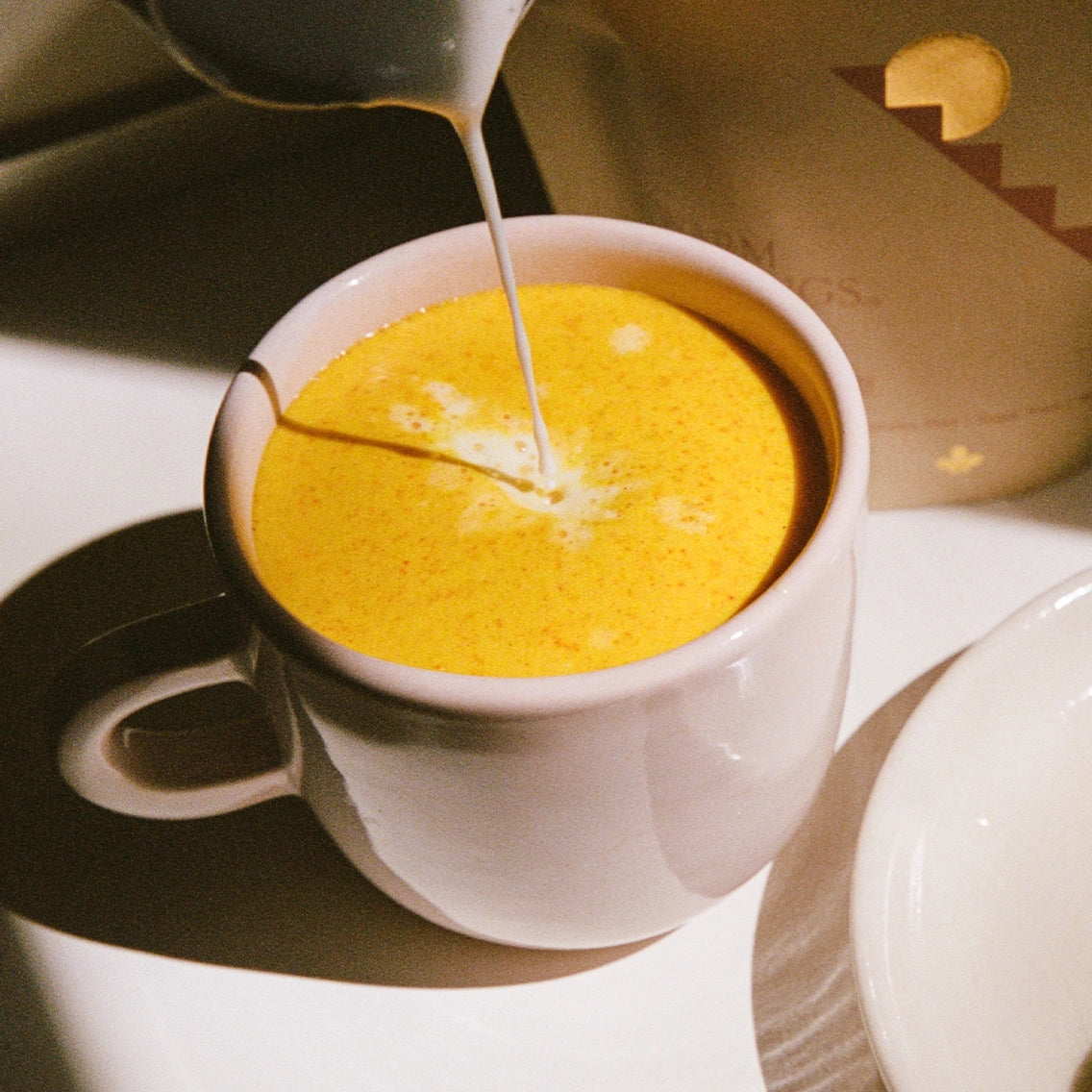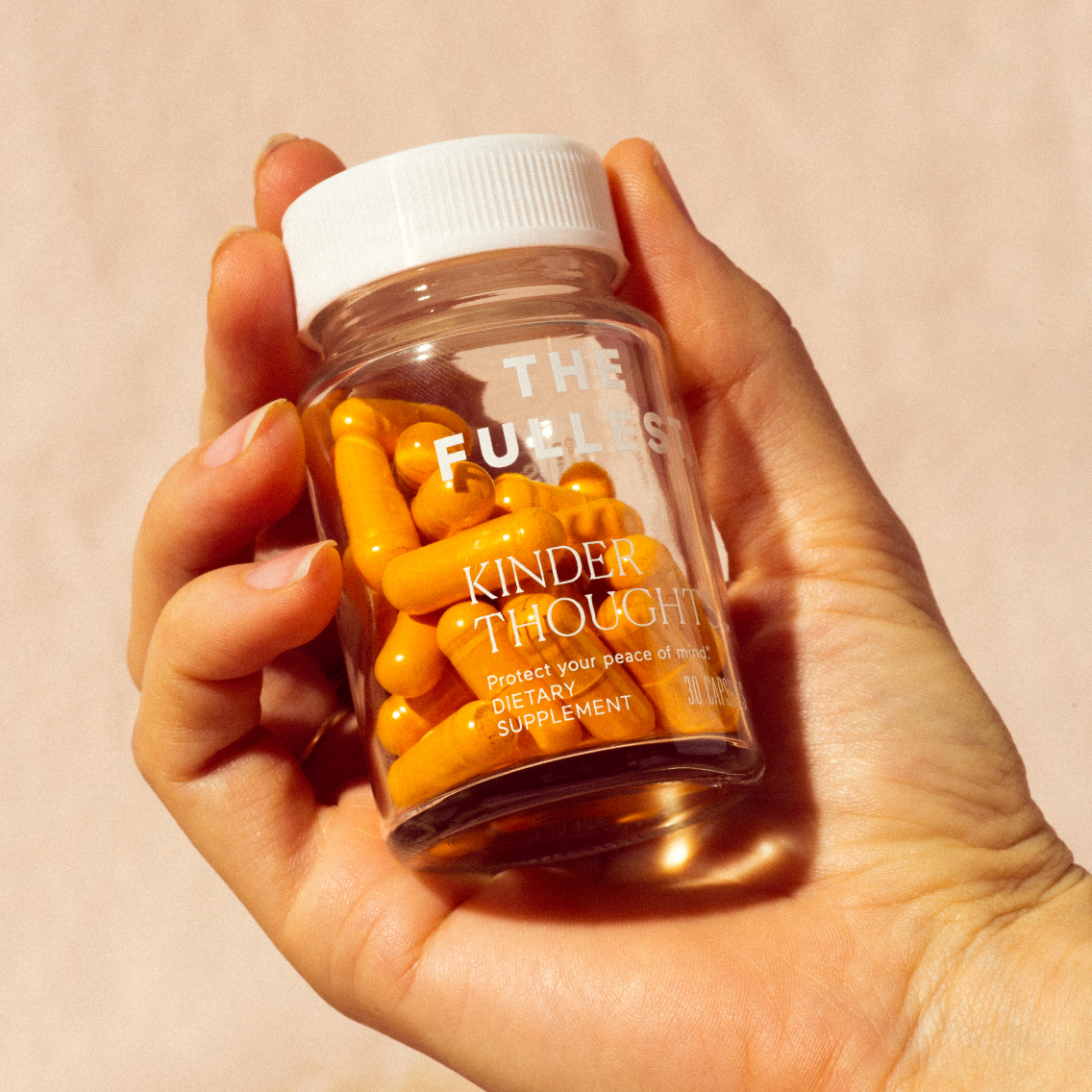Crocus sativa! No, it’s not the sound someone makes when they’re croaking out their last breath or frogs in mating season. It’s the scientific name of the most expensive spice on earth, saffron. On the world market, a pound of saffron can cost as much as $5,000. At your local grocery store, you’ll get a 0.06 oz. unit for about $25.
Saffron costs so much because of the way it must be harvested and processed. Grown in the Mediterranean, Iran, Asia Minor, Spain, and now parts of Italy and France, saffron comes from the thread-like, pollen-germinating part of the three stigmata or female reproductive filaments of the purple crocus flower. Once the three stigmata are removed along with their red pistils, they must be carefully dried, and because the nature of the removal process is so delicate, it must be done by hand. Since only a tiny amount of the flower is used, it takes 80,000 crocus flowers to make one pound of saffron.In ancient times saffron's red-orange dye was used to color the robes of Buddhist monks.
For taste, saffron tends to oscillate between sweet and savory. Consumed alone, saffron is bitter, but in food people have described it as honey-like, sweetly floral, musky or mushroomy. Saffron has a very distinct taste, and it seems everyone experiences it differently based on their own palate. Fortunately, saffron is strong, so even though it’s expensive, a very small amount is all that’s needed to add lots of flavor to any dish.
Not only is saffron powerful in flavor, but also in its medicinal properties to elevate mood and alleviate depression.
In fact, research has shown that saffron is just as effective as Prozac for treating moderate depression. Best of all, saffron doesn’t come with the usual side effects of selective serotonin reuptake inhibitors (SSRI) like Prozac and other antidepressants that include weight gain, suicide risk, and feeling emotionally muted. Other studies have confirmed saffron’s anti-depressant effect at 20mg and 30mg per day. Adding to saffron’s neurological benefits, a review of 14 different research studies has found it to be as effective as Aricept, the most commonly prescribed drug for Alzheimer’s disease.
These neurological effects occur because of organic compounds and carotenoids in saffron like crocin and sanfranal that have the ability to balance levels of neurotransmitters such as dopamine, serotonin, and norepinephrine. Powerful antioxidants in saffron have also been shown to protect brain cells from oxidative stress, which is an issue for people who suffer from mood issues. Part of saffron’s effect to stabilize mood also comes from its ability to relax the muscles of the gastrointestinal tract and eliminate spasms. The digestive tract is where most of the immune system is located, as well as where many neurotransmitters are created.
As a young physician early in my career, I saw firsthand the powerful neurological effects of saffron. A highly successful attorney who specialized in intellectual property law for the entertainment industry came to my office. After working for years in his high stress career, he was left with significant anxiety and depression. He’d been on all the major SSRI drugs and through three rounds of electric shock treatment with no improvement.
I formulated a saffron-based herbal tincture for him to take twice each day. After a few weeks, he was feeling so good that I began to carefully taper him off his medications. Stopping an SSRI immediately can have serious consequences, so we took it slow and eventually he was medication free. His mood was positive and healthy, and he was finally able to enjoy his life the way he wanted. Saffron proved in a dramatic way that not only does it taste good, but it has the power to make us feel good, as well.
If you’re interested in incorporating saffron into your daily routine, check out THE FULLEST’s range of saffron-based products here.
For more information on Dr. Sadeghi’s services and public presentations please visit him at Be Hive of Healing Integrative Medical Centerand sign up for his monthly holistic health newsletter or get a copy of his yearly wellness journal, MegaZEN.





Leave a comment (all fields required)